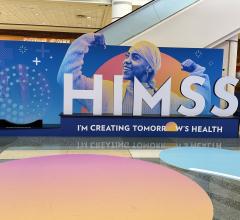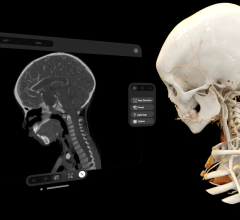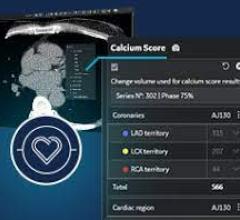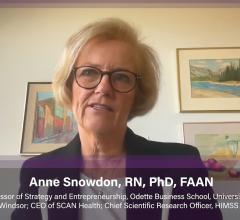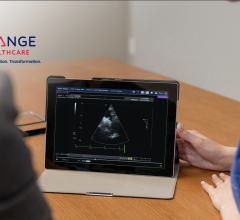August 7, 2009 – An innovative program that cut cardiac deaths by 73 percent by linking coronary artery disease patients and teams of pharmacists, nurses, primary care doctors, and cardiologists with an electronic health record (EHR) also kept the patients healthy two years after they left the program by keeping them in touch with their caregivers electronically, according to a randomized study by Kaiser Permanente published in The American Journal of Managed Care this month.
This is the first randomized study to evaluate a follow-up system for patients discharged from a cardiovascular risk reduction service, researchers said. The study was funded by the American College of Clinical Pharmacy.
The Clinical Pharmacy Cardiac Risk Service at Kaiser Permanente Colorado combines Kaiser Permanente's industry-leading electronic health record, Kaiser Permanente HealthConnect, with proactive patient outreach, education, lifestyle adjustments, and effective medication management. The two-year randomized trial of 421 patients found that patients discharged from the program kept their lipid and blood pressure levels at controlled, healthy levels by receiving electronic reminder letters.
"Because lack of adherence to medications and failure to maintain treatment goals are so high among heart disease patients, we wanted to find out what would happen to the patients after they were discharged from the program but remained in contact with the healthcare system through our electronic health record," said the study's lead author, Kari L. Olson, a clinical pharmacy specialist with Kaiser Permanente Colorado’s Cardiac Risk Reduction Program. "The takeaway message here is that we can help support patients in maintaining treatment goals and medication adherence, which is often a challenge with most chronic conditions. Using technology and integrated systems already in place, we can help keep patients healthy for longer and deliver continuity of care in a cost efficient manner."
In the study, 421 patients in the Clinical Pharmacy Cardiac Risk Service with well-controlled blood pressure and cholesterol levels were randomized so that 214 continued in the program to receive intensive direct counseling from the care team. The other 207 patients were discharged from the program back to their primary care physician. The mean age of the trial participants was 72, and 74 percent were male.
The patients who were discharged from the program had electronic reminders in their chart to ensure their lipid panels were ordered annually, with the results sent directly to their primary care physician. The discharged patients also received reminder letters generated by KP HealthConnect indicating they were due for a lab test. Importantly, the study found that patients discharged from the program maintained control of their risk factors with the help of electronic reminder letters. The EHR intervention was as effective at keeping cholesterol and blood pressure in check, compared to the more intensive counseling approach offered to those patients who stayed enrolled in the program.
The Clinical Pharmacy Cardiac Risk Service cares for 13,000 cardiac patients with integrated nursing and pharmacy teams that work collaboratively with patients and their doctors using technology tools and activities such as lifestyle modification, medication management, patient education, laboratory results monitoring, and management of adverse events.
The program also achieved an 88 percent reduced risk of dying of a cardiac-related cause when enrolled within 90 days of a heart attack, compared to those not in the program. The number of patients meeting their cholesterol goal went from 26 percent to 73 percent, and the number of patients screened for cholesterol went from 55 percent to 97 percent.
The coordinated, evidence-based care, enabled by KP HealthConnect and an electronic care registry, increased the survival rate dramatically among patients enrolled in the service. It is estimated that more than 135 deaths and 260 costly emergency interventions were prevented annually as a result of improved care. Now, the latest study results suggest that once the program has helped get risk factors under control, patients can then be discharged and followed virtually with the same success.
For more information: www.kaiserpermanente.org

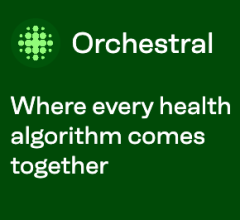
 December 23, 2025
December 23, 2025 
